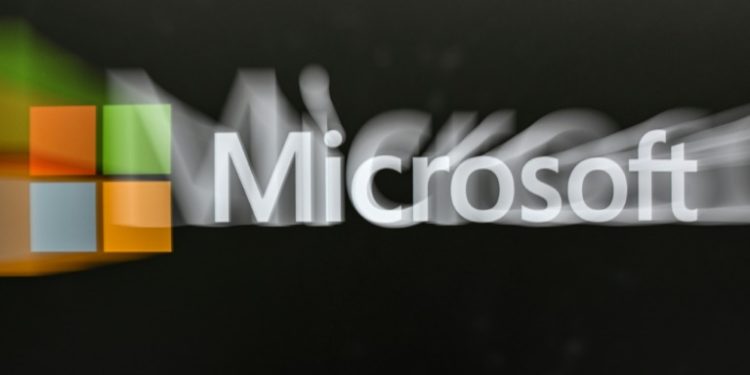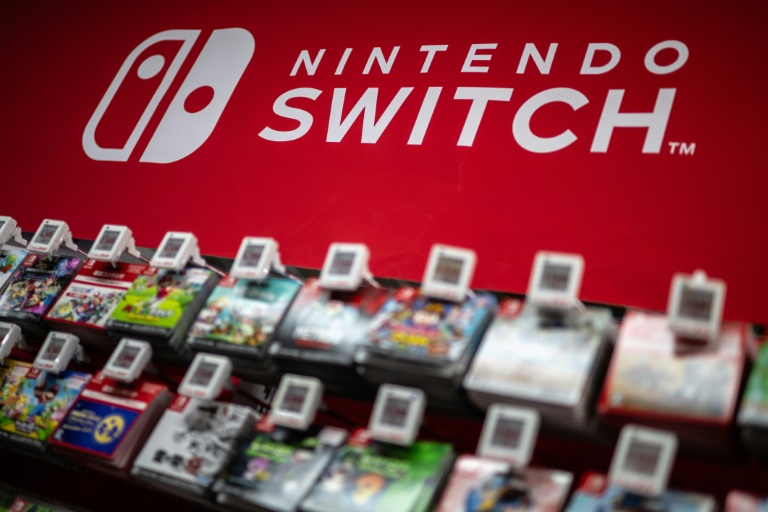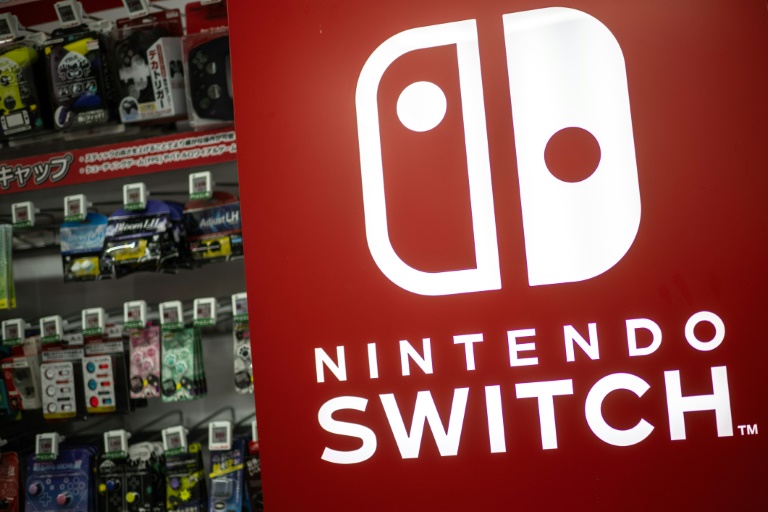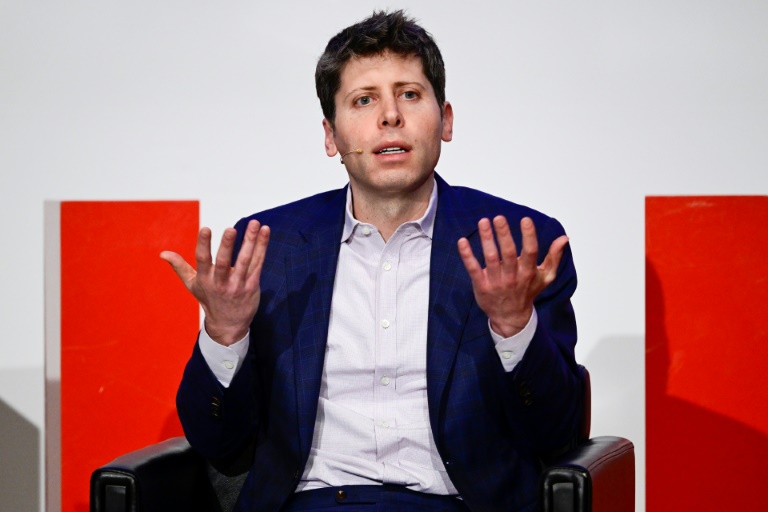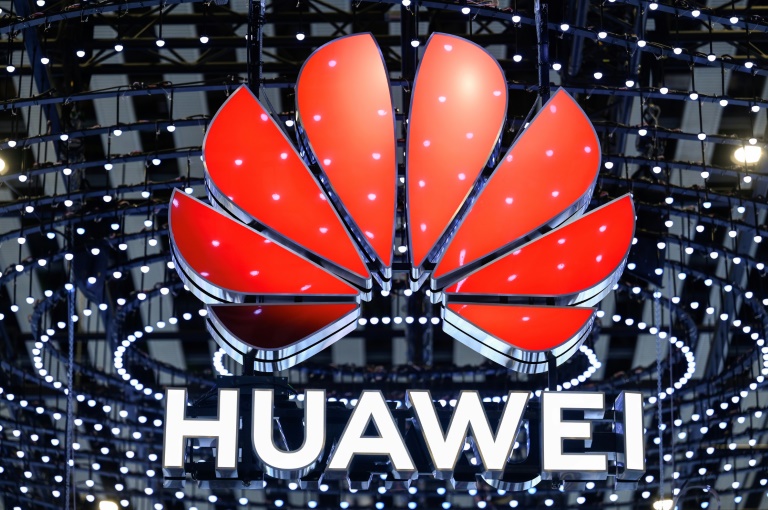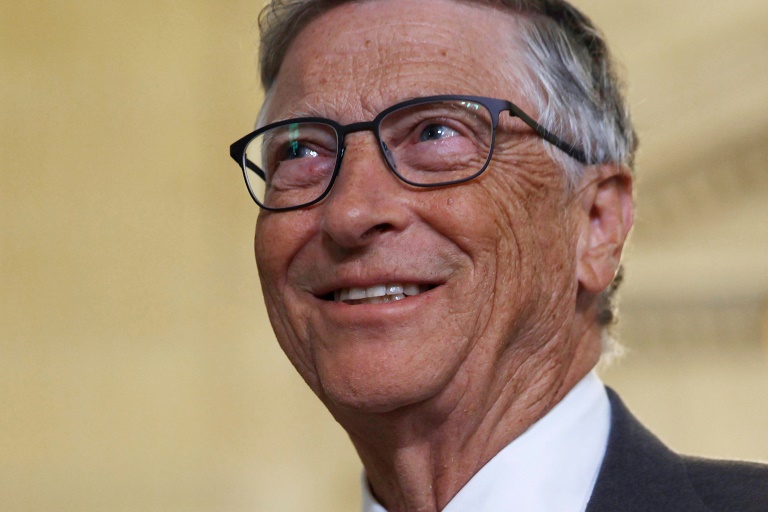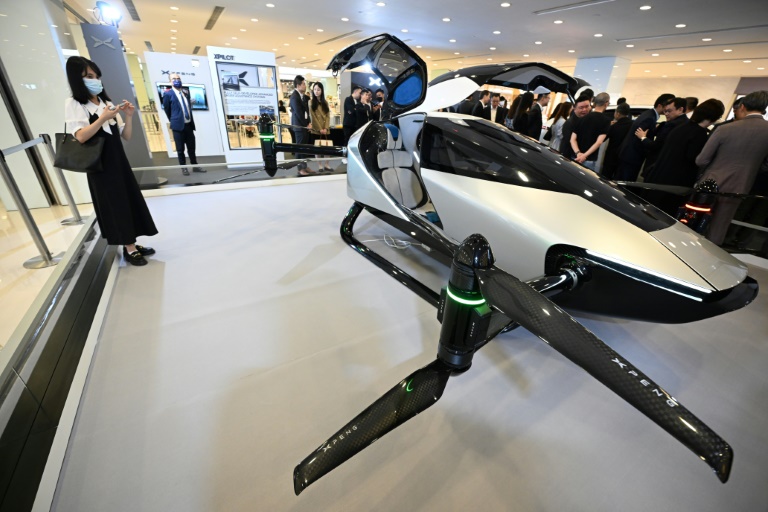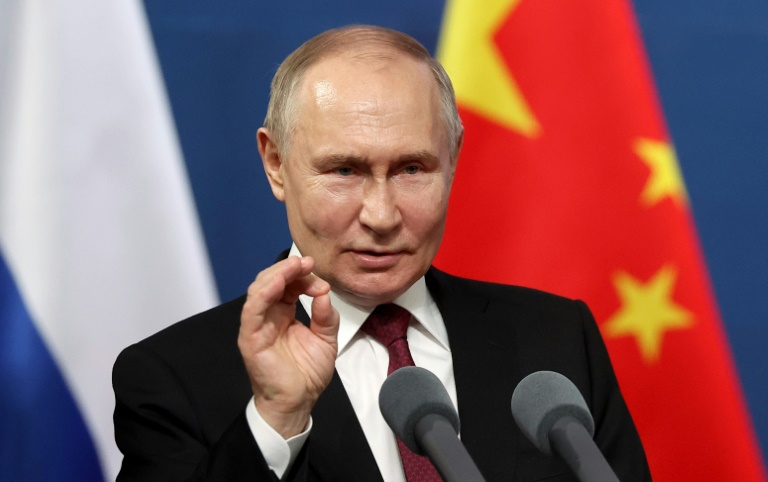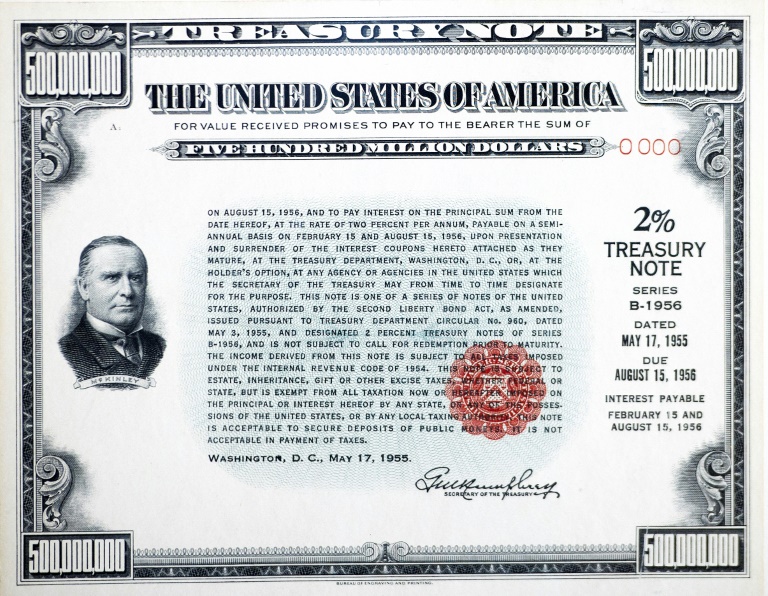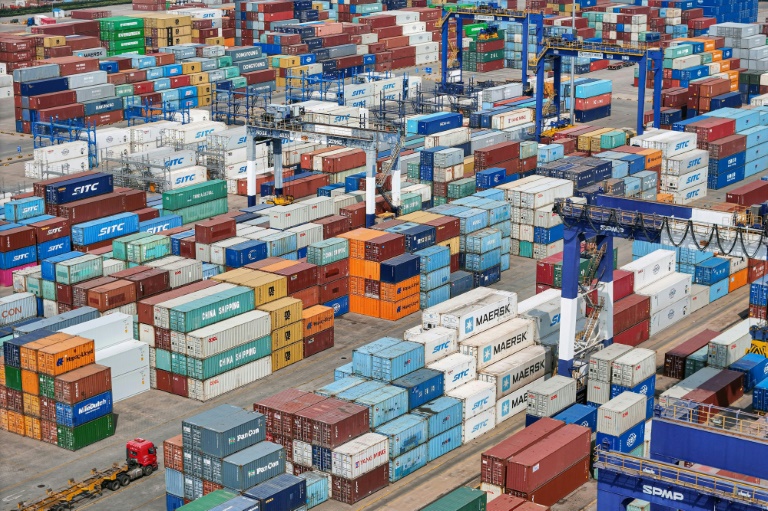Brussels (Belgium) (AFP) – The EU on Friday told Microsoft to hand over internal documents or face fines as it examines generative AI risks on the company’s search engine Bing ahead of elections.
Brussels has identified generative artificial intelligence as one of the main threats to elections being held across the 27-country bloc June 6-9.
The EU in March pressed Bing, alongside several big digital platforms including Google Search, TikTok and YouTube, about action they have taken to mitigate AI risks.
But Microsoft did not respond fully to the request for information wanted about “specific risks stemming from Bing’s generative AI features, notably ‘Copilot in Bing’ and ‘Image Creator by Designer’,” the European Commission said.
The US tech behemoth now has until May 27 to provide “internal documents and data”.
If Microsoft fails to do so, the EU could impose fines of up to one percent of the company’s total annual income, or of its global turnover, and periodic penalties up to five percent of its average daily income or daily worldwide turnover.
Since last year, the world’s largest tech firms must comply with the European Union’s milestone content-moderation law known as the Digital Services Act (DSA).
The commission said it suspects “Bing may have breached the DSA for risks linked to generative AI,” pointing to “so-called ‘hallucinations'” — where AI provides false information — and the “viral dissemination of deepfakes”.
It is also worried about “automated manipulation of services that can mislead voters”.
Microsoft said it was committed to addressing the commission’s demands.
“We have been fully cooperating with the European Commission as part of the voluntary request for information and remain committed to responding to their questions and sharing more about our approach to digital safety and compliance with the DSA,” a Microsoft spokesperson said.
The spokesperson added that Microsoft took “steps to measure and mitigate potential risks” across its platforms.
Brussels already has its eye on Microsoft and its growing influence in the world of AI.
Microsoft has poured billions into OpenAI, a major player in AI, especially since the ChatGPT chatbot burst onto the scene in late 2022.
The commission, the EU’s powerful competition regulator, is examining Microsoft’s relationship with OpenAI to see if it is a disguised merger.
It is also inspecting a 15-million-euro ($16-million) partnership Microsoft struck with French startup Mistral AI announced in February.
© 2024 AFP

